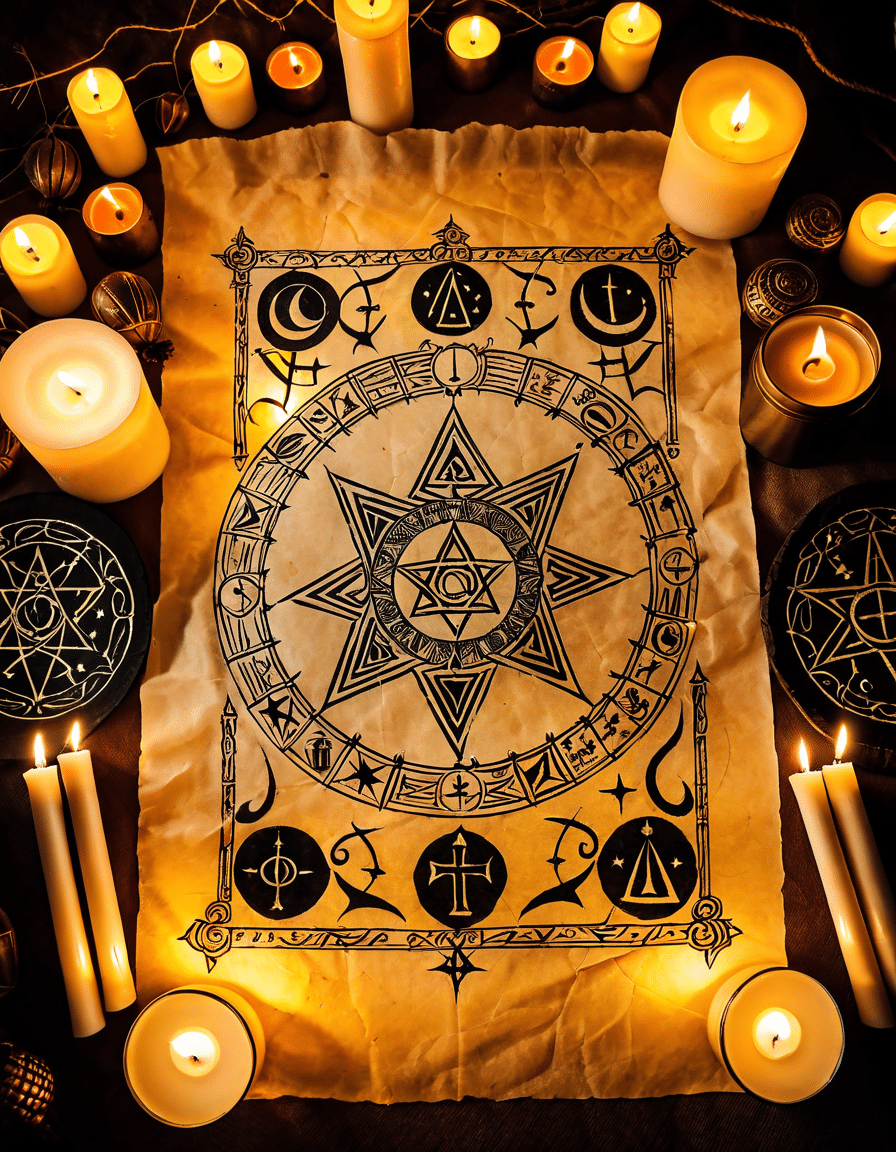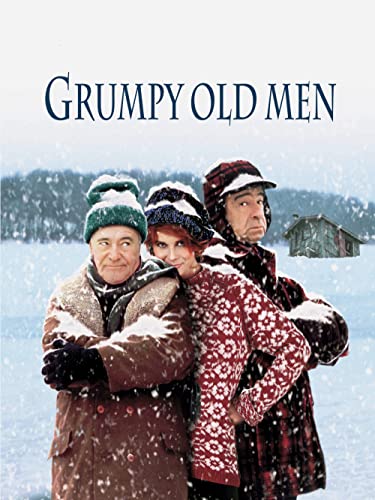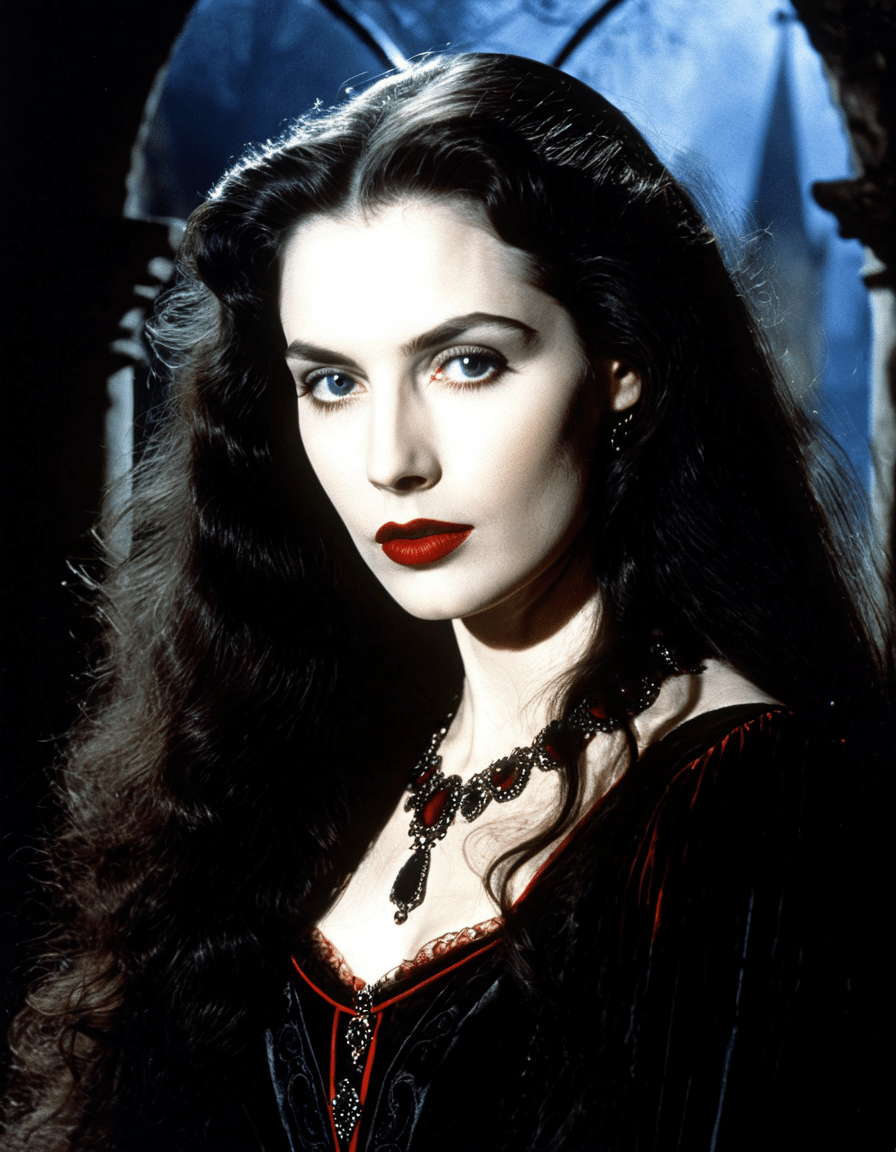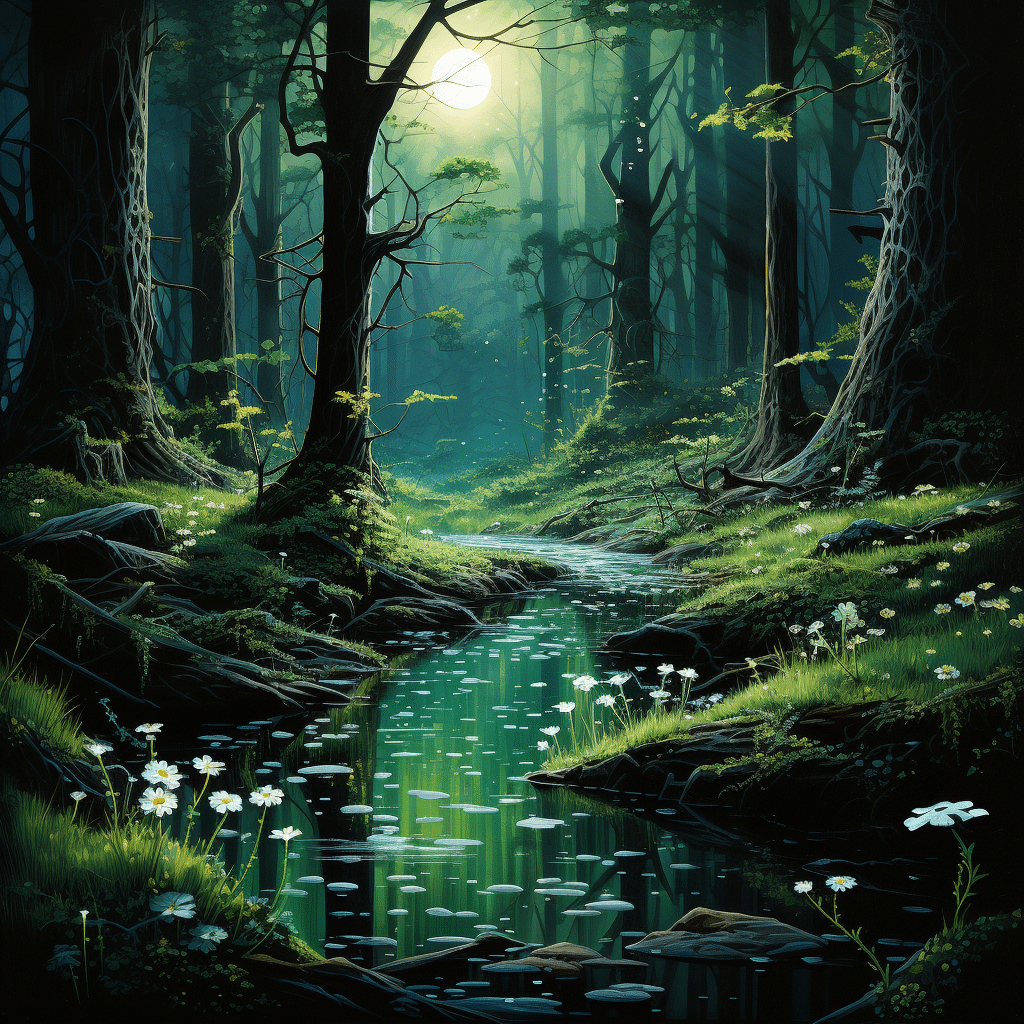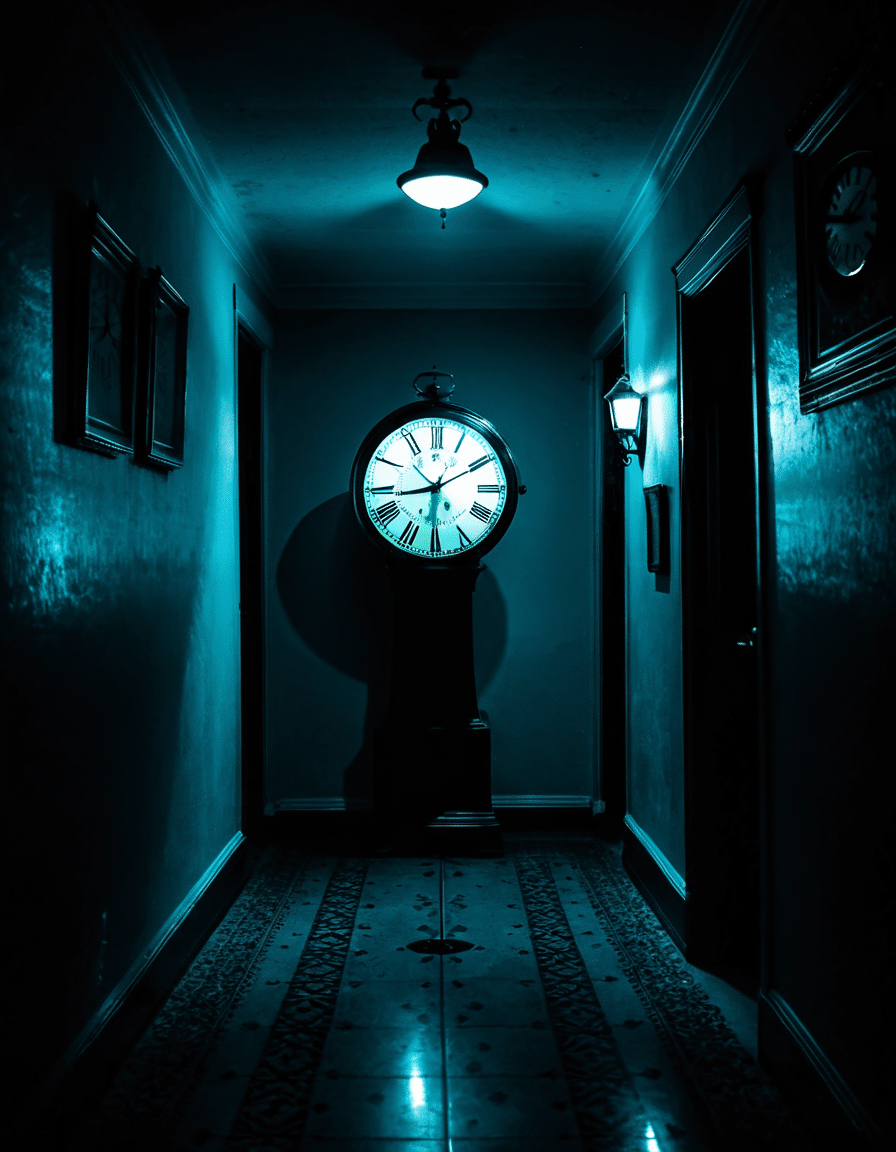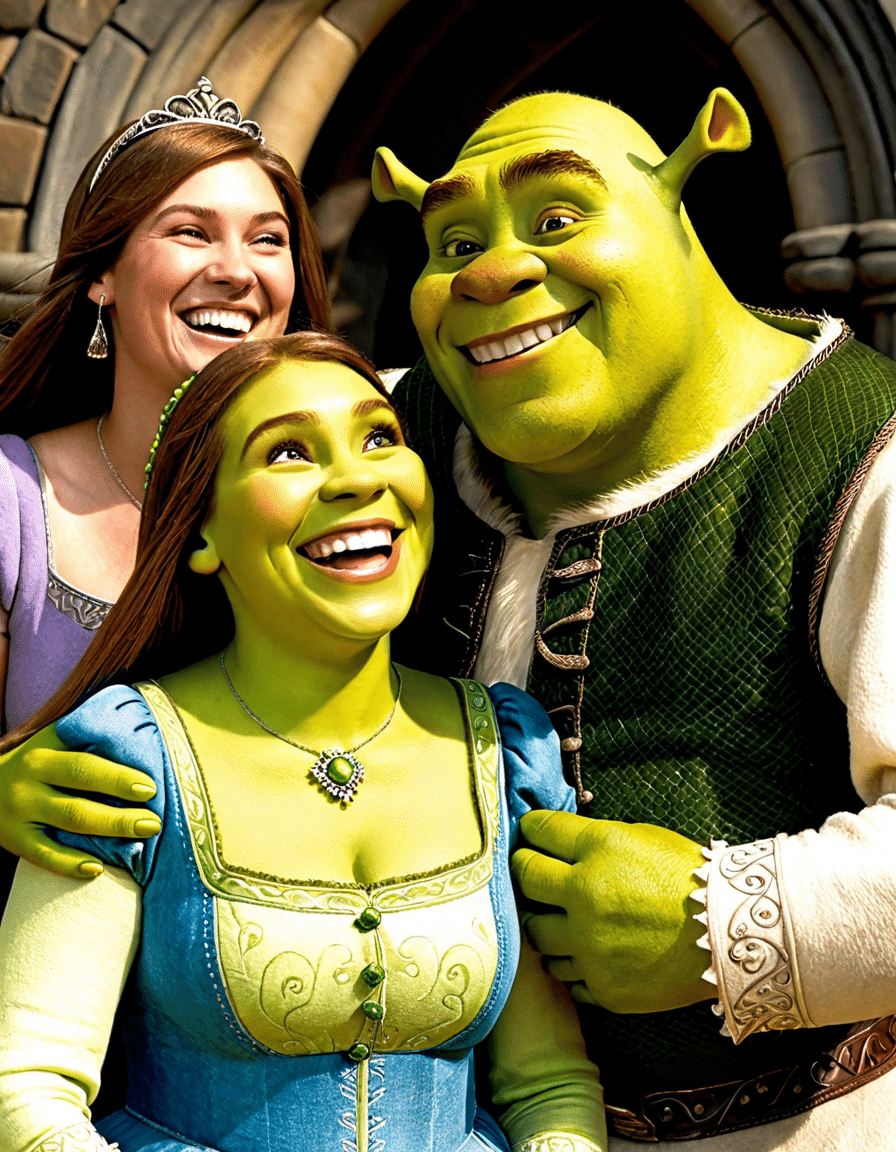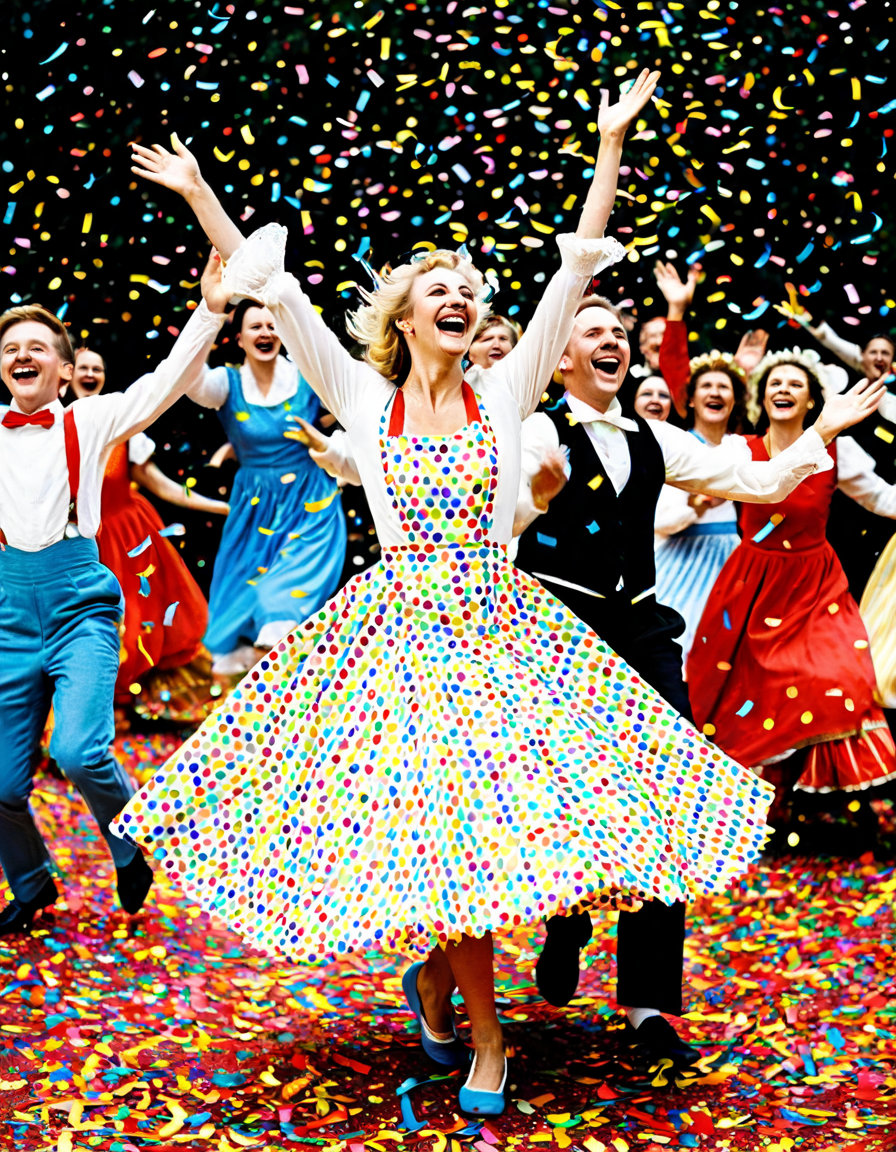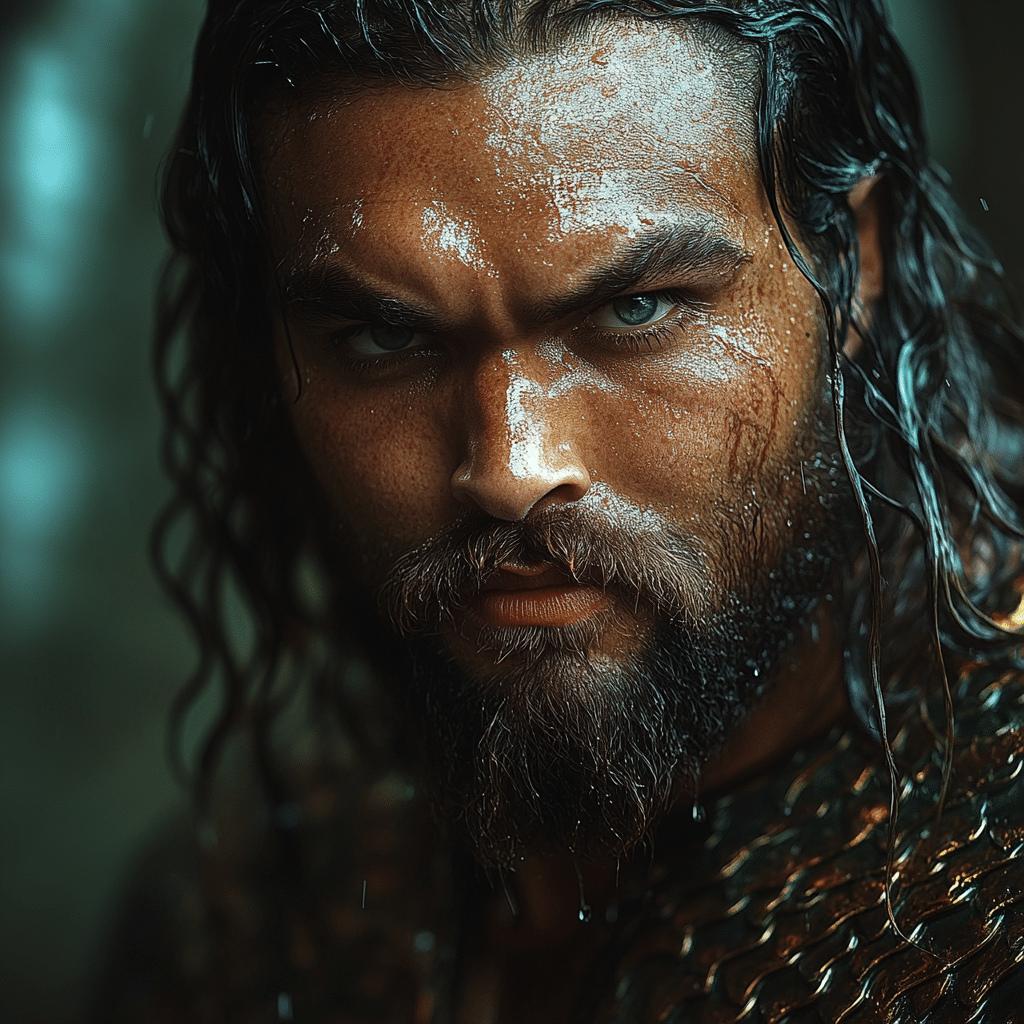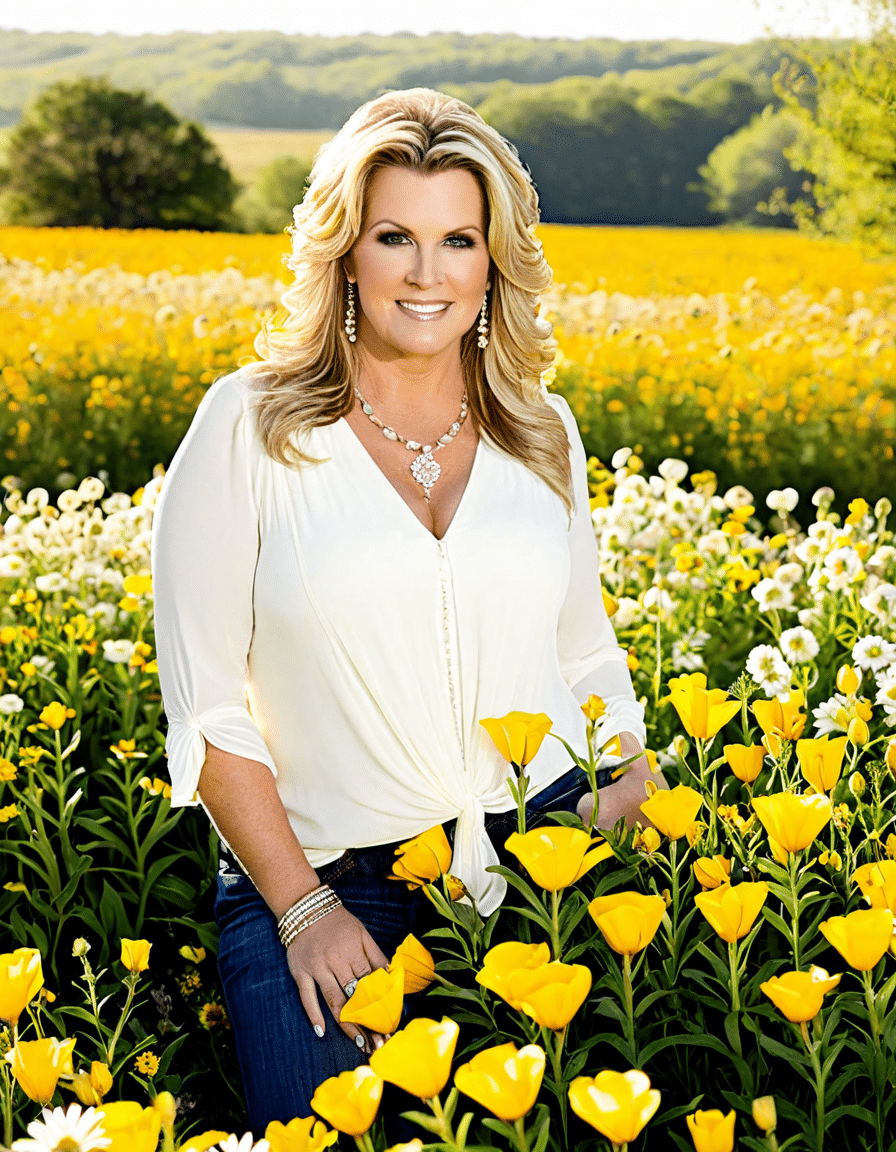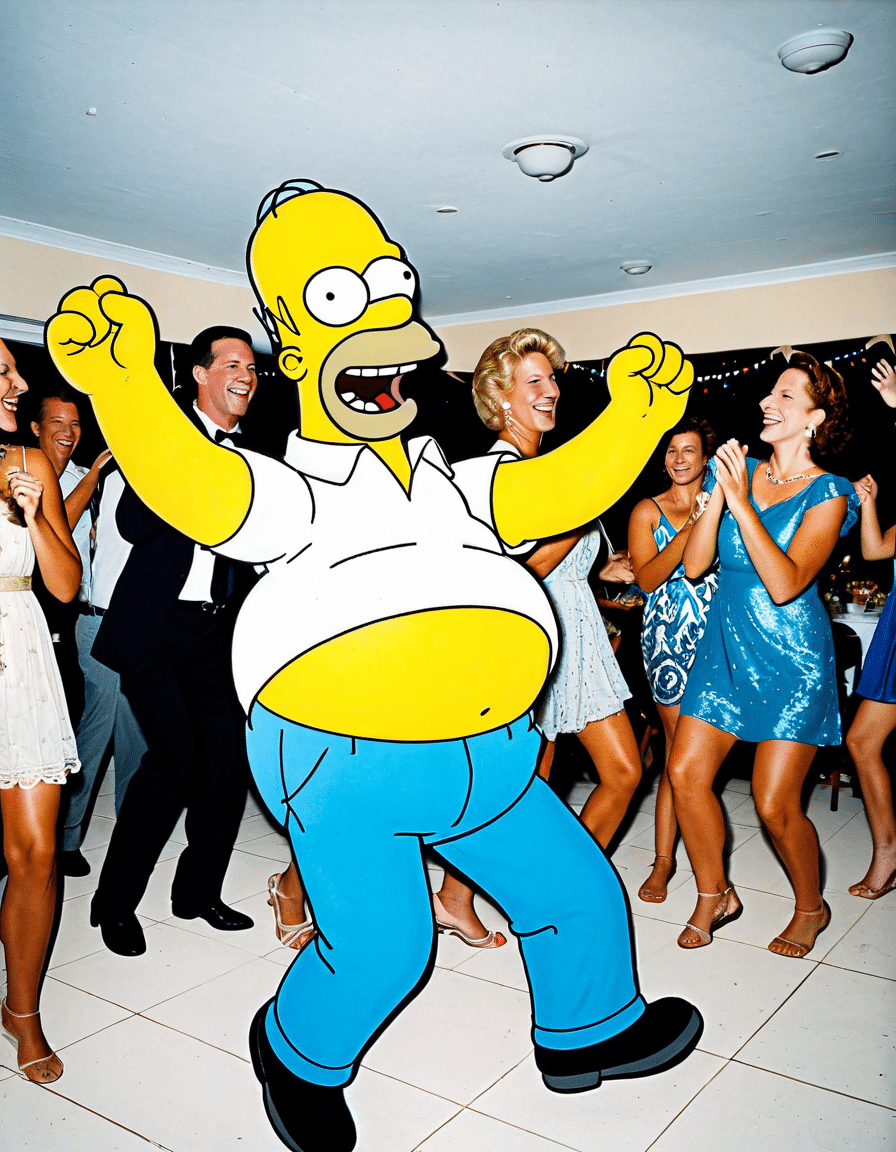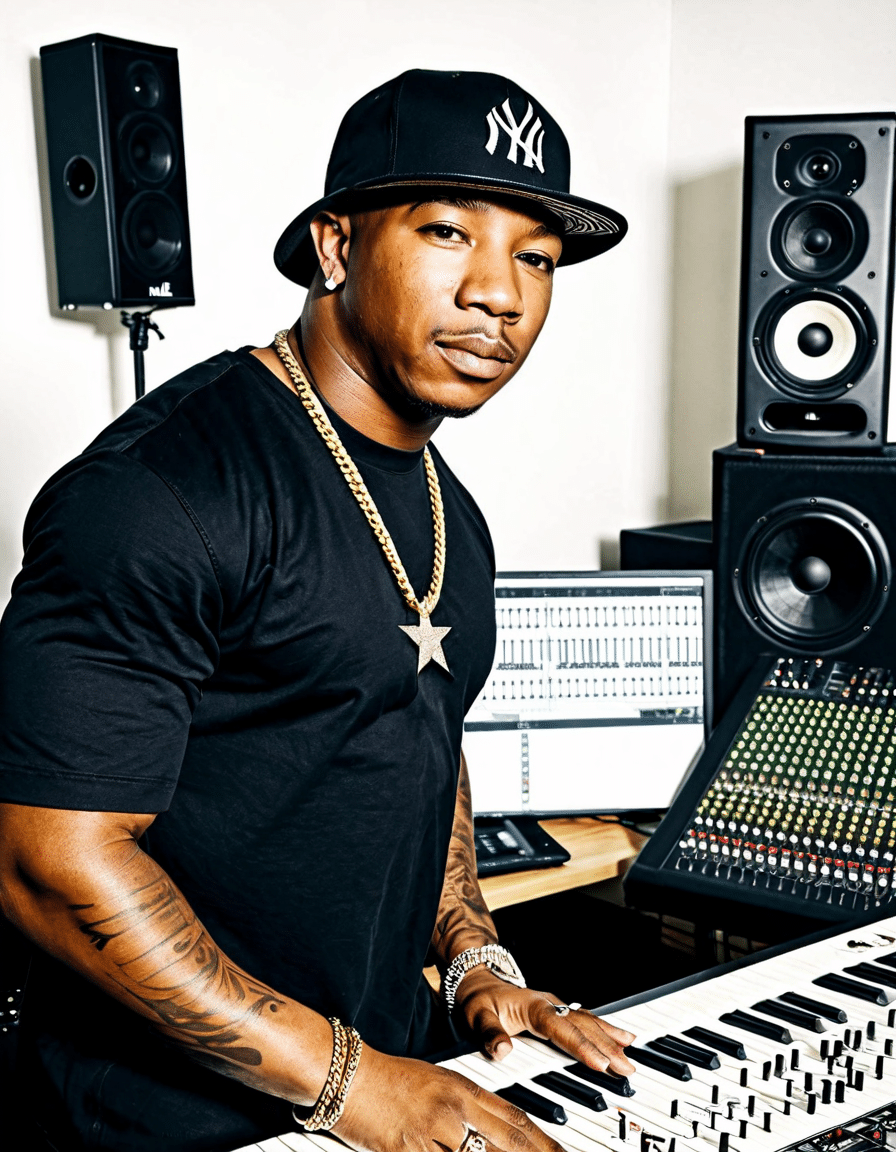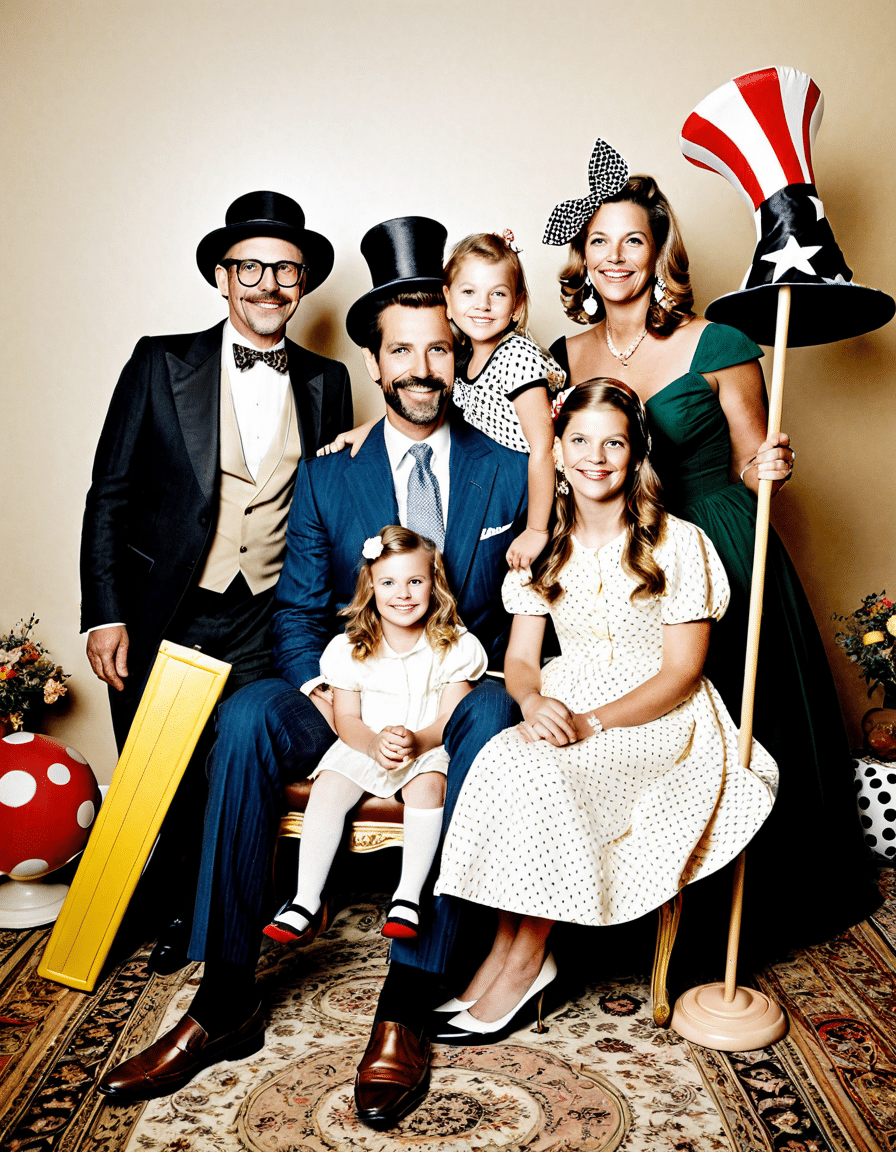Shane Walking Dead: A Troubled Heros Journey
If there’s one character in The Walking Dead who embodies the struggle of humanity in a world gone mad, it’s Shane Walsh. Played with raw intensity by Jon Bernthal, Shane isn’t just another shady character; he’s one of the most troubled heroes in zombie apocalypse history! From his inception to his tragic exit, Shane’s choices resonate with moral dilemmas that many can’t help but feel empathetic about. This article dives deep into the rise and fall of Shane Walsh, unpacking seven key elements that make him a compelling figure in The Walking Dead narrative.
7 Key Elements That Made Shane Walsh a Compelling Character in The Walking Dead
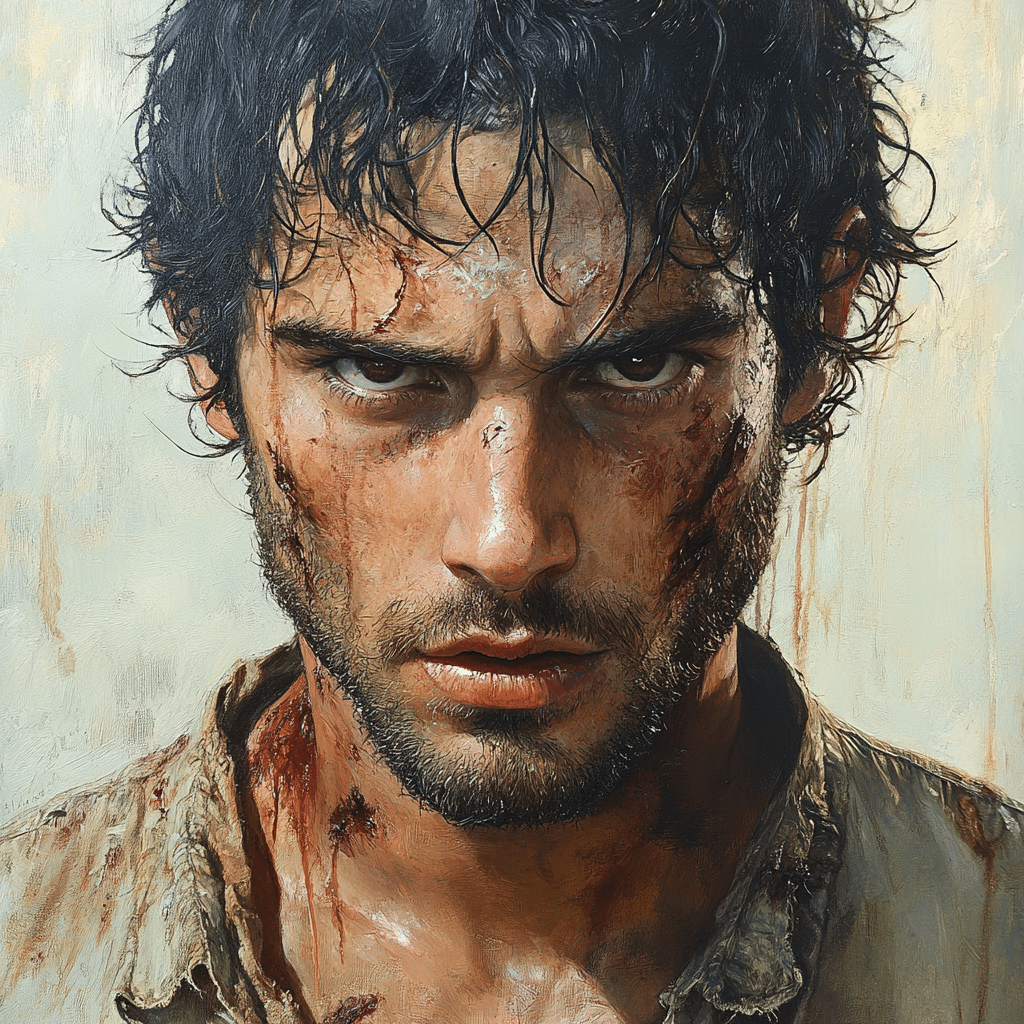
1. The Burden of Survival
Shane hits the ground running, showcasing the harsh reality of survival in a post-apocalyptic landscape. Initially, he’s the kind of guy you’d want by your side—loyal to Rick and willing to do whatever it takes to ensure the safety of the group. Yet, as the series progresses, viewers see Shane transform, burdened by the relentless pressure of survival. It’s like trying to keep your head above water in a raging sea—eventually, exhaustion sets in, and you might just start making some reckless choices.
2. Betrayed Loyalty and Friendship
One moment Shane is the ever-loyal right-hand man to Rick; the next, he’s grappling with feelings of betrayal when Rick returns after being presumed dead. The emotional fallout from this shift is heavy! It sheds light on how loyalty can go awry in desperate times. The bond that once defined their friendship slowly crumbles, leaving viewers to ponder the fragility of camaraderie in a world overrun by walkers. Talk about a serious friendship fallout—was it #BFF goals that turned into #Frenemies?
3. The Descent into Moral Ambiguity
As Shane battles against the undead, he also wrestles with his moral compass. The line between right and wrong becomes murky, and viewers watch as Shane does unthinkable things—often out of desperation rather than pure malice. His story could parallel that of Skyler from Breaking Bad. Like Skyler, Shane takes drastic actions, all while trying to protect those he loves. It throws into question just how far we’d go when the chips are down.
4. The Tragic Love Triangle
Let’s not forget the intricate love triangle involving Shane, Rick, and Lori! It’s the kind of drama that would give any soap opera a run for its money. Shane’s deep feelings for Lori expose his vulnerabilities, showing a softer side that oddly makes his character more complex. The rivalry over Lori serves to drastically deepen the rift between Shane and Rick, adding a layer of emotional tension that’s as dangerous as the walkers lurking around every corner.
5. Potential for Redemption
What’s fascinating about Shane is that his journey hints at the possibility of redemption. Sure, he spirals down a dark path, but he’s still searching for connection and belonging. It’s this struggle for redemption that makes Shane more relatable. Think about characters like Riley in Inside Out, who learns to embrace her emotions. Shane seeks something more but often falls short due to the chaos surrounding him.
6. The Catalyst for Change
Shane isn’t just a character; he’s a catalyst for change among the group. His confrontational style forces Rick to evolve into a more decisive leader. Each of Shane’s reckless actions propels the storyline, pushing other survivors to confront their weaknesses. As the series goes on, Shane’s shortcomings ignite a transformation in others, illustrating how one flawed individual can shake up an entire community’s moral compass.
7. The Legacy of Shane Walsh
Shane may have met his maker when Rick stabbed him, but his impact lingers throughout the series. The themes of leadership, morality, and humanity that Shane introduces resonate in subsequent seasons. His turmoil and flaws are carried forward through other characters, making Shane’s legacy one that challenges how they approach survival and morality. In fact, his story offers echoes of transcendence found in other shows, like the moral conflicts seen in Breaking Bad.
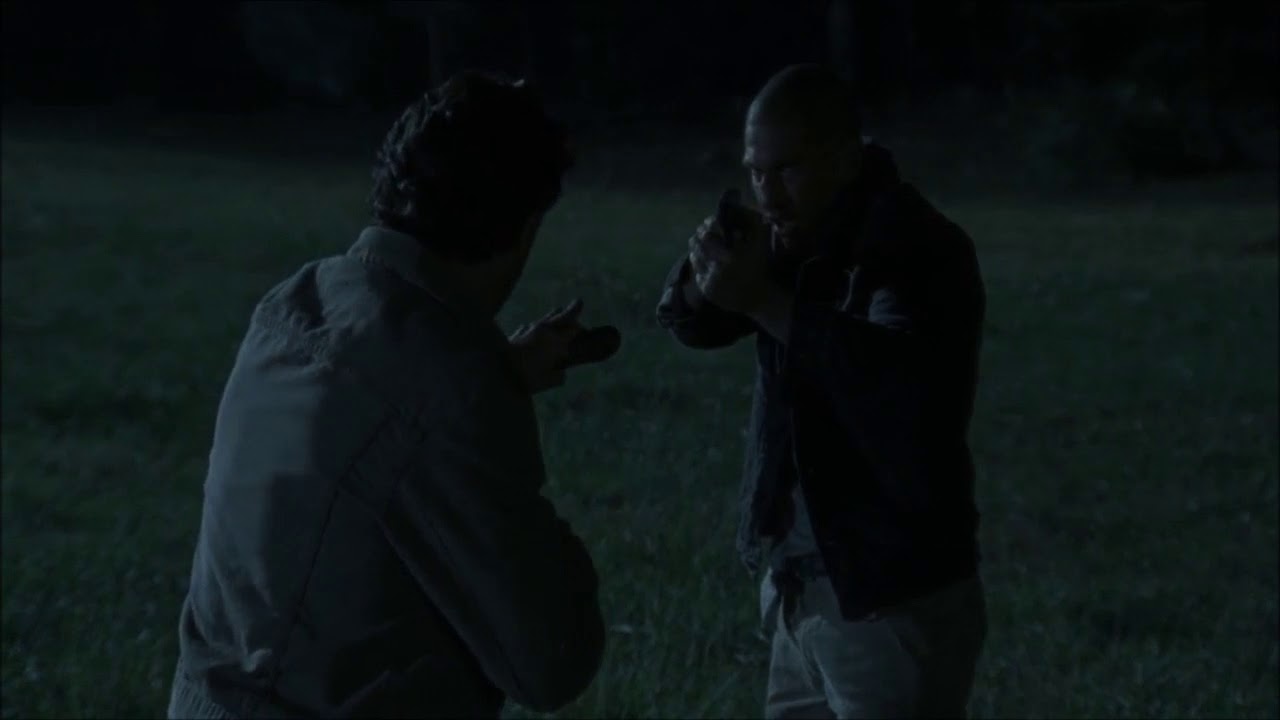
The Evolution of Shane vs. Other Complex Characters in Television
Shane’s character arc deserves comparison to other beloved (or hated) figures in television. Take Walter White from Breaking Bad or Skyler’s emotionally charged choices. While Walter’s transformation into the infamous Heisenberg feels almost calculated, Shane’s evolution is more reactive. He’s moving and grooving with the landscape around him, often stumbling, while characters like Skyler take step-by-step strides through their moral gray area.
Similarly, Riley from Inside Out learns to embrace her ups and downs, gaining wisdom through emotional experiences. In contrast, Shane embodies the darker side of emotional processing. The more he loses—be it friends, ideals, or hope—the further he falls into despair. It’s enough to make anyone reach for the tissues!
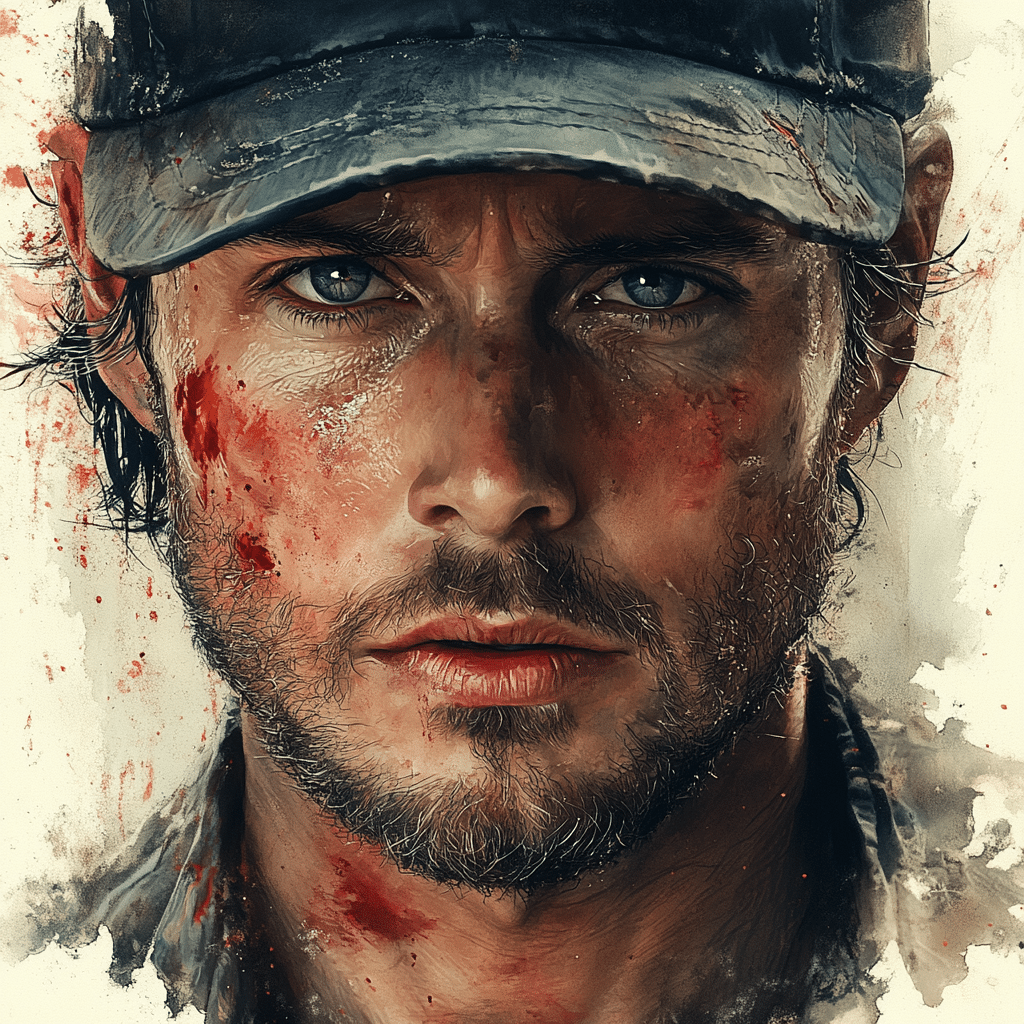
Final Thoughts on Shane’s Journey
In the end, Shane Walsh stands as a haunting reminder of the depths of the human spirit, especially when stripped of societal norms. His rise and fall serve as a poignant reflection on how devotion and obsession can intertwine, not to mention that relentless battle for survival! Shane’s exploration of troubled heroism pushes us to grapple with the broader themes present in The Walking Dead and harkens back to similar dilemmas found in modern television. Amidst chaos, Shane’s story resonates—a vivid testament to the complexities of being human when everything’s on the line.
So, whether you love him or hate him, there’s no denying the impact of Shane Walsh—a character whose chaotic journey leaves us all to wonder: what would we do in his shoes?
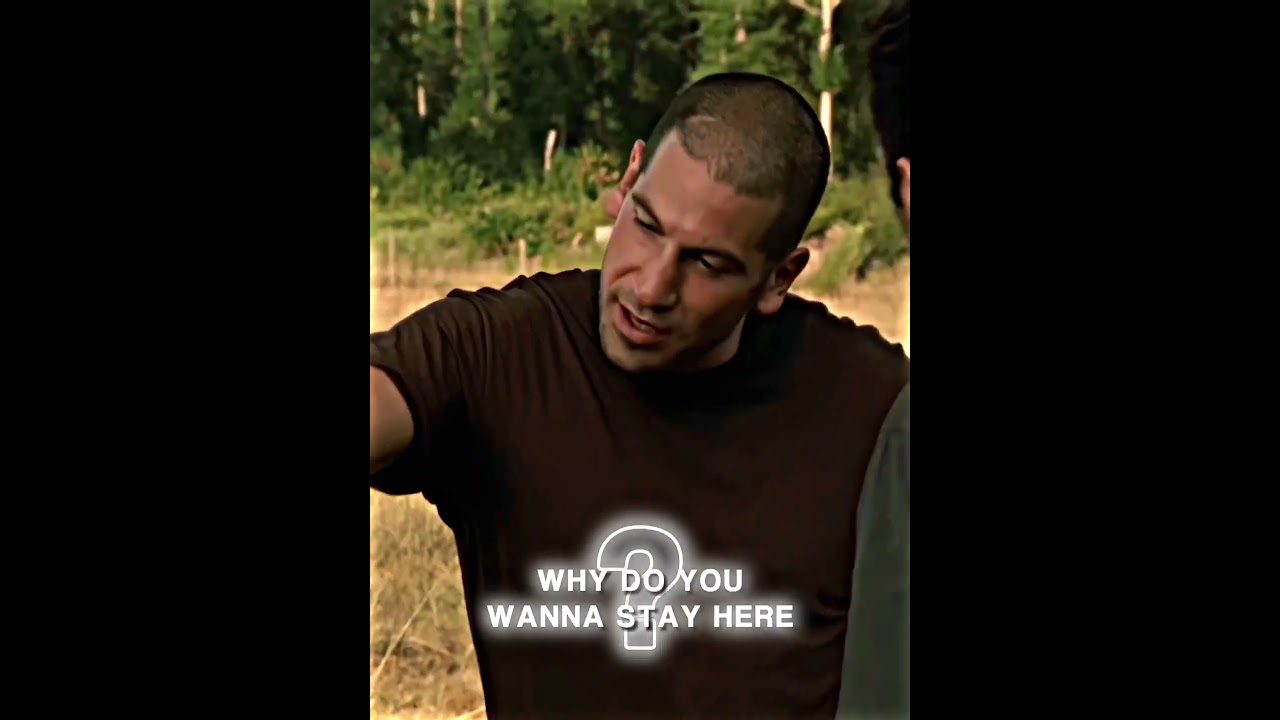
Shane Walking Dead: Fascinating Facts About a Troubled Hero
The Evolution of Shane
Shane Walsh, a character portrayed by Jon Bernthal in The Walking Dead, is one of those unforgettable figures that impact viewers long after they’ve turned off the screen. His character journey is a rollercoaster of moral dilemmas and intense drama, symbolizing the primal instincts emerging in a post-apocalyptic world. Did you know that Jon Bernthal turned down a different role in Gravity Falls to take on Shane? Talk about a pivotal career move!
It’s intriguing to think about how Shane’s complex relationship with Rick Grimes often mirrored real-life friendship struggles. It’s a testament to the show’s writing that viewers get so invested. Plus, Shane’s arc makes him relatable, like dealing with everyday woes such as home warranties when you least expect it. The way he battles inner demons resonates deeply, especially for those who appreciate character depth, much like fans do with Nala Ray and her multifaceted performances.
Behind the Scenes
When you’re talking about Shane Walking Dead, it’s essential to highlight the behind-the-scenes magic that made it all possible. For instance, Jon Bernthal worked closely with the show’s producers to refine Shane’s character, diving deep into what made him tick. His influence echoes similar dedication as seen in projects like Don Cheadle, who as an actor blends his personal history into his roles effortlessly.
Now, let’s not forget Shane’s dynamic with the other cast members. The camaraderie extended off-screen, as the actors celebrated moments like Rex Manning Day together. Talk about a fun way to relieve the tension from filming intense scenes! And what about the physical demands of the role? To prepare, Bernthal hit the gym hard, making him a fan-favorite not only for his acting chops but also for his impressive transformation—a testament to actors like Alan Ritchson, who is also known for his dedication to fitness and roles that showcase their strength.
Enduring Legacy
As we reflect on Shane Walking Dead, his character serves as a powerful reminder of what it means to chase survival while grappling with moral conflicts. The show cleverly explores this concept, drawing parallels to other narratives, like the hilarious mischief in shows like Asobi Asobase, where friendships are tested in light-hearted, yet profound ways.
Shane’s legacy lives on in popular culture. His struggles and triumphs lend themselves to comparisons with other heroes in different genres and formats—the kind that make viewers ponder deeper themes, like the existential questions posed in sports broadcasts or free NBA streams. So, the next time you dive into binge-watching The Walking Dead, remember Shane Walsh isn’t just a character; he’s a symbol of the human experience stripped down to its rawest form.
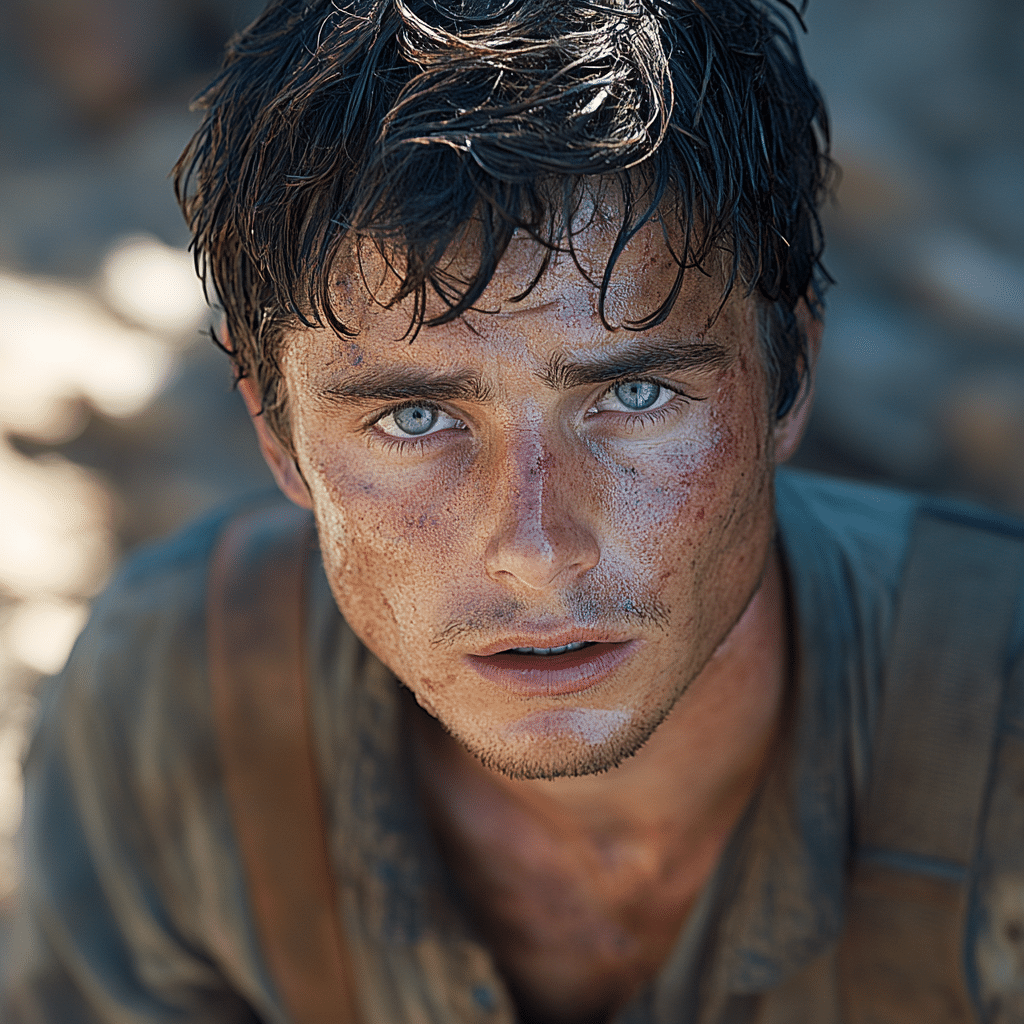
Why did Shane get killed off?
Shane got killed off because the show needed to show a major character’s fall and the depth of Rick’s transformation, emphasizing the moral complexities in a world torn apart by the undead.
Why did Shane Walsh turn evil?
Shane Walsh turned evil as he adapted to the brutal realities of the apocalypse, allowing the harsh environment to corrupt him and drive him to more selfish and violent behavior.
Was Shane infected before he died?
Yep, Shane was infected before he died since all human survivors carry the infection, meaning he would turn into a walker after his death.
Who kills Shane as a walker?
Carl Grimes kills Shane as a walker, putting him down after he reanimates, showcasing the tough decisions survivors have to make.
Why did Shane turn into a zombie so fast?
Shane turned into a zombie quickly because, like everyone else who dies from non-head injuries, he carries the infection, and all it takes is for him to die for him to reanimate.
Why was Lori killed off?
Lori was killed off to further complicate the storylines and to bring more emotional weight to the choices that Rick had to make, adding tension and depth to the series.
Did Rick regret killing Shane?
Rick did regret killing Shane, feeling torn between self-defense and the loss of someone he once considered a close friend, reflecting on the moral weight of his actions.
What did Shane say before he died?
Before he died, Shane said, “Rick, you don’t get it,” which highlighted the conflict between them and Shane’s desperation for control in a chaotic world.
Why did Negan go crazy?
Negan went crazy partly due to the relentless nature of the apocalypse and the loss of people he cared about, driving him toward a brutal philosophy to survive and maintain power.
Do they ever find a cure in The Walking Dead?
No, they never find a cure in The Walking Dead, as the show focuses more on survival and the personal stories of the characters rather than a solution to the zombie problem.
Why did Rick stab Shane?
Rick stabbed Shane to protect himself and those he cared about, marking a moment of desperation where he felt he had no other choice.
Is Shane a bad guy in The Walking Dead?
Shane’s character is often seen as a bad guy because of his actions and moral decline, even though he started as a mostly good person before the apocalypse changed him.
Why did Rick leave Michonne?
Rick left Michonne to ensure her safety and to follow the course he felt was necessary for their group’s survival, although it left unresolved feelings between them.
Why does Shane look at the Walker?
Shane looks at the walker with a mix of recognition and horror, confronting the reality of what he’s become and the humanity he lost, embodying the struggle between survival and morality.
What happens to the little girl in The Walking Dead?
In The Walking Dead, the little girl, Judith, faces numerous challenges but ultimately survives as a symbol of hope for the future in a world overrun by chaos.


